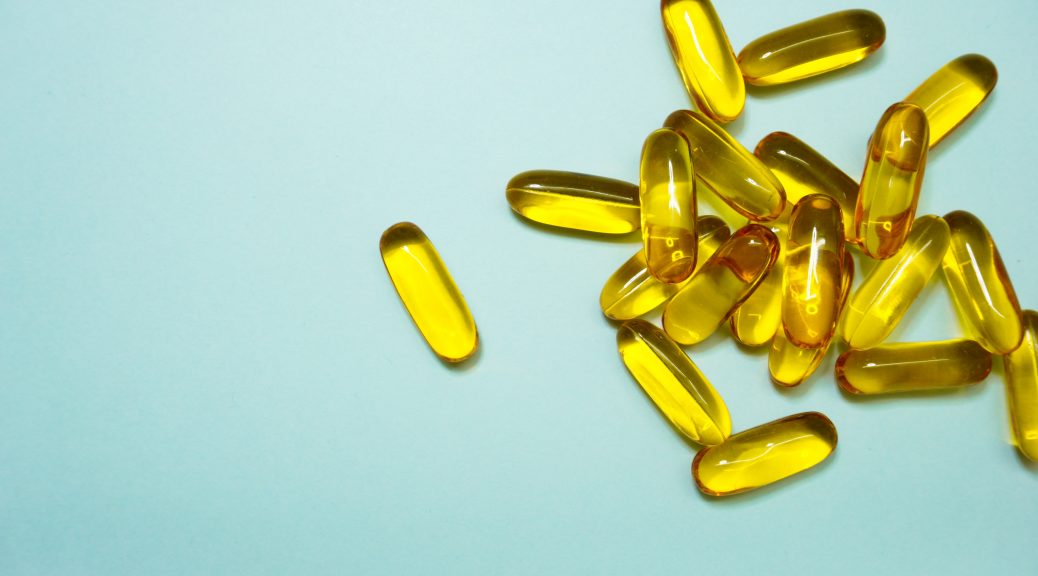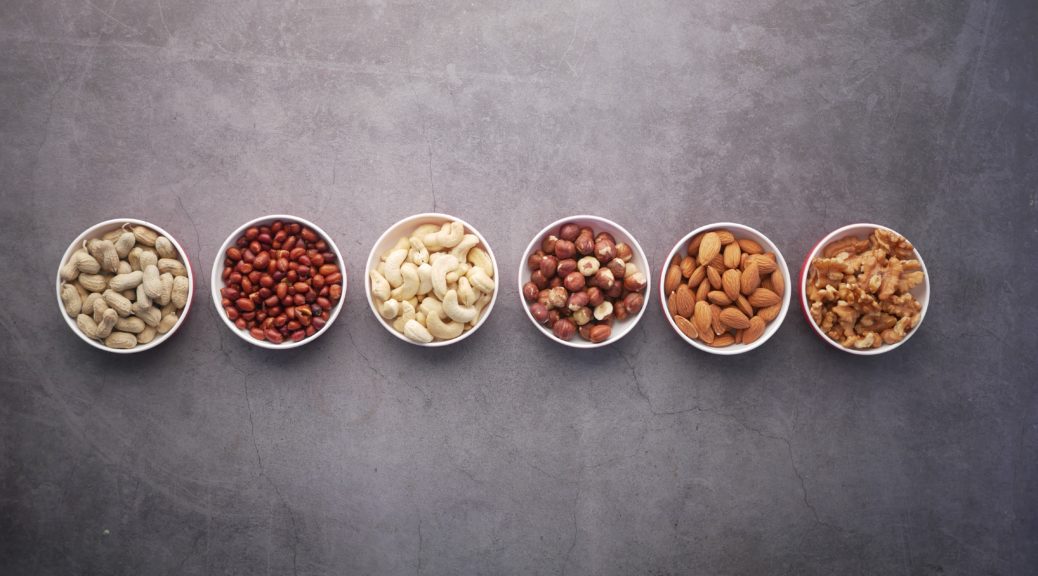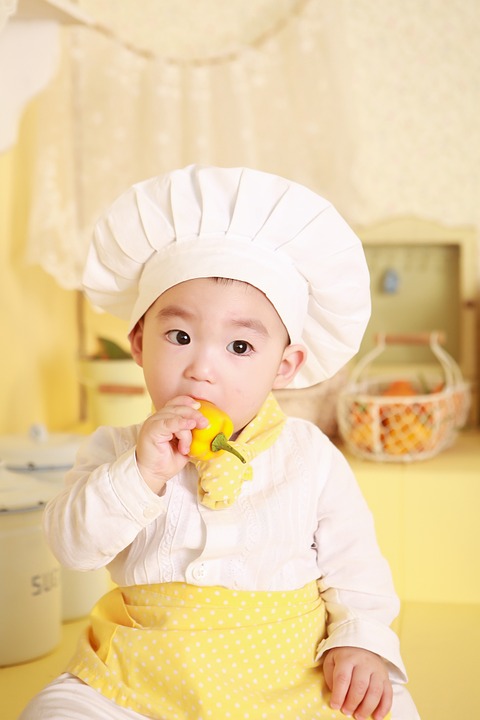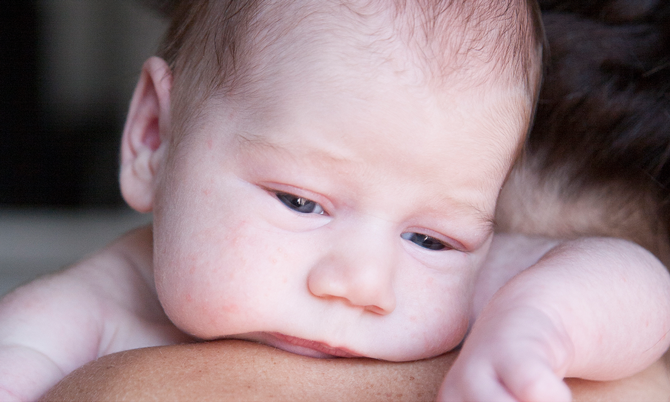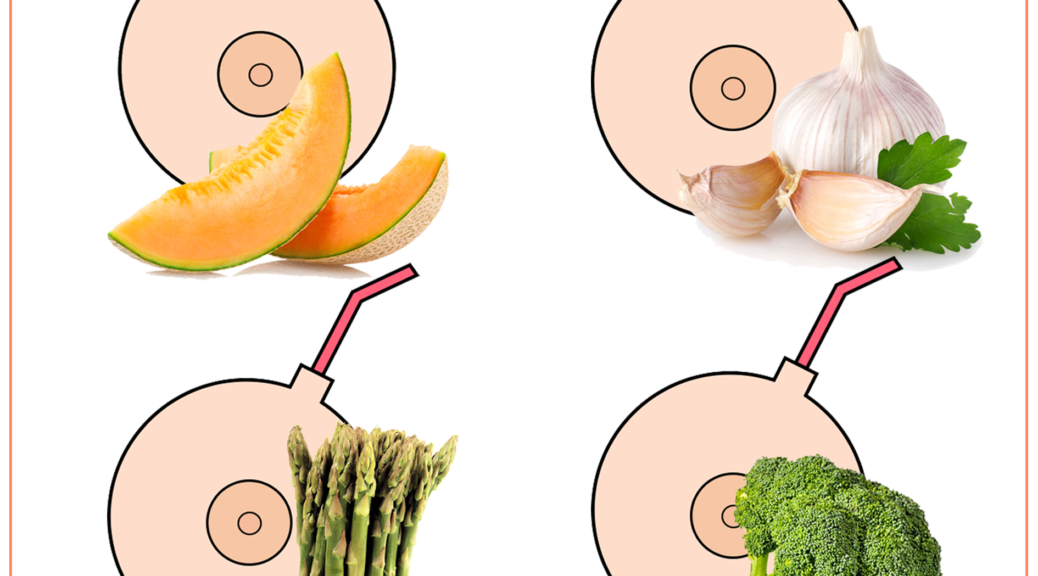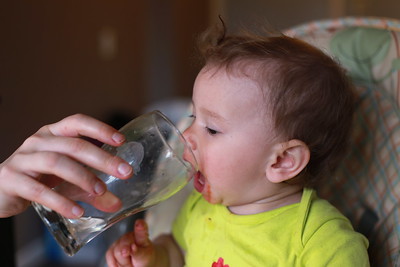Difference between lactose intolerance and cow’s milk protein allergy (CMPA)
Frequently, the differences between lactose intolerance and CMPA, which stands for cow’s milk protein allergy, are not well distinguished. This happens not only to families but also to healthcare professionals. A food allergy and food intolerance are both adverse reactions to the consumption of certain foods. Differentiating the symptoms, causes, and treatment is key to guiding families in case their infants suffer from any of these pathologies. Characteristics of food allergy Food allergy is a reaction of the immune system…

